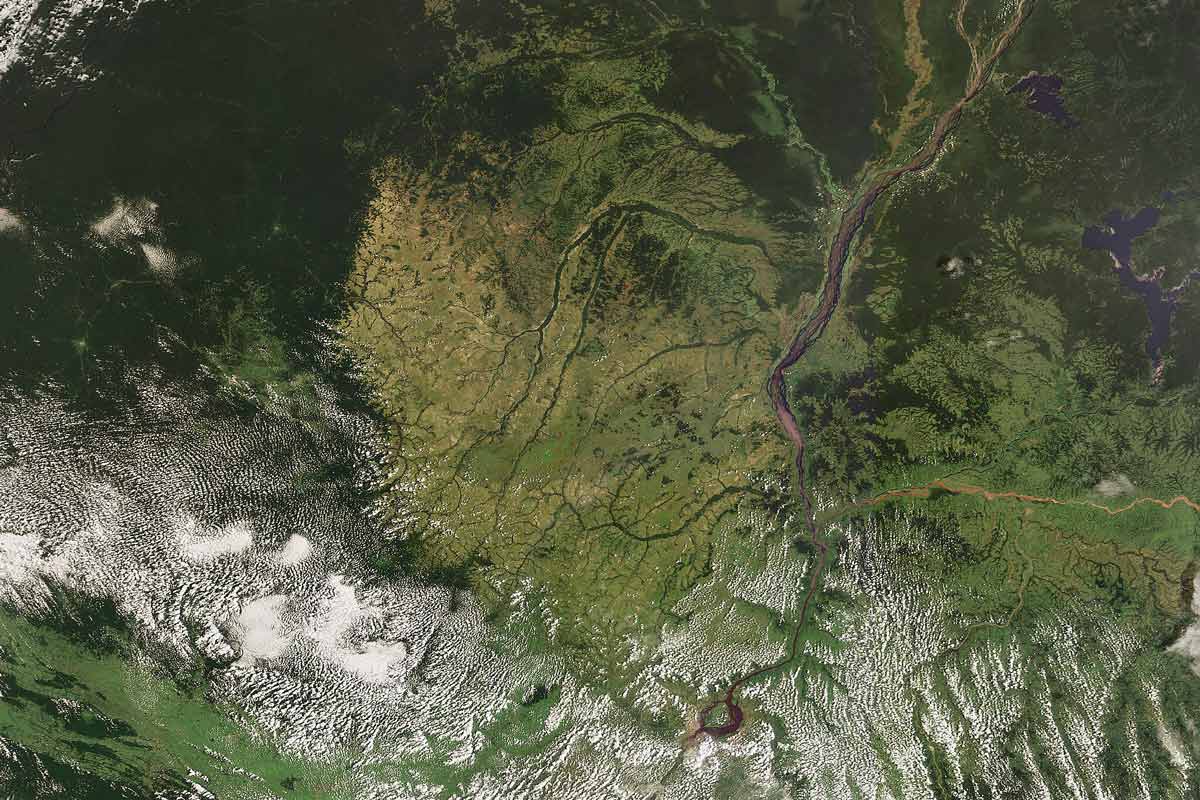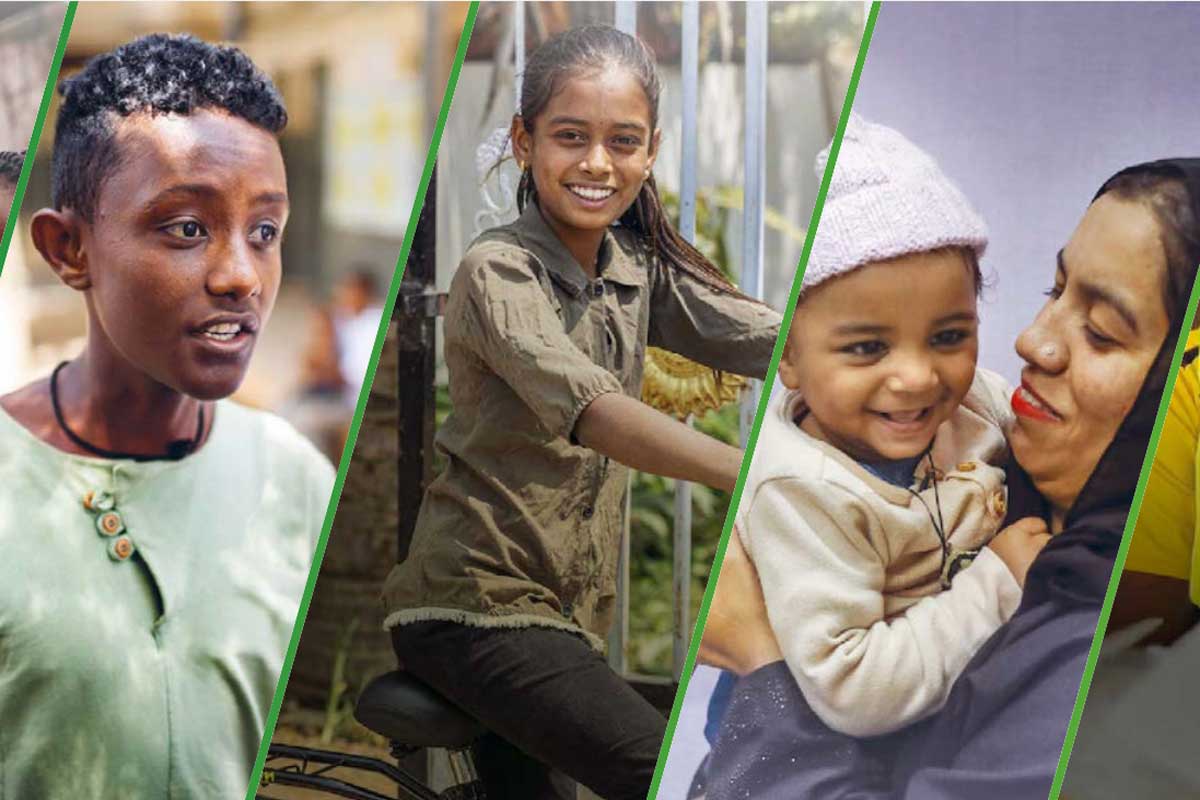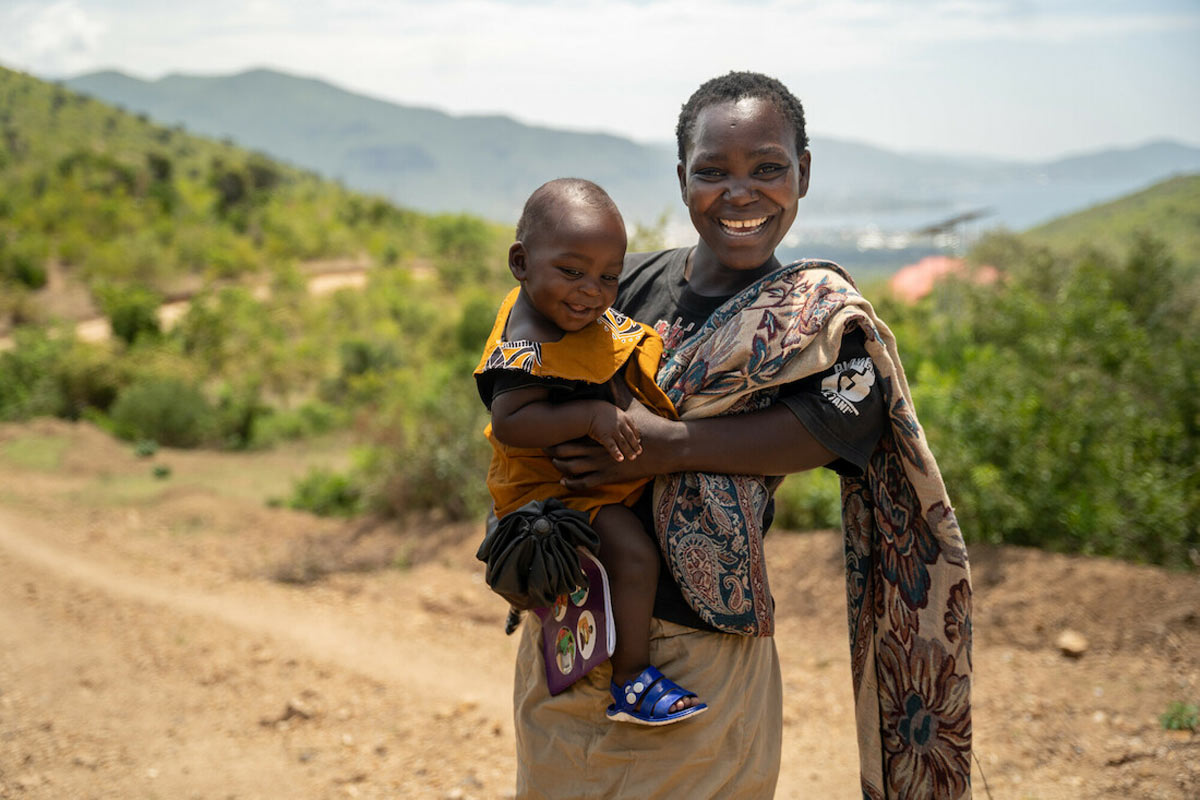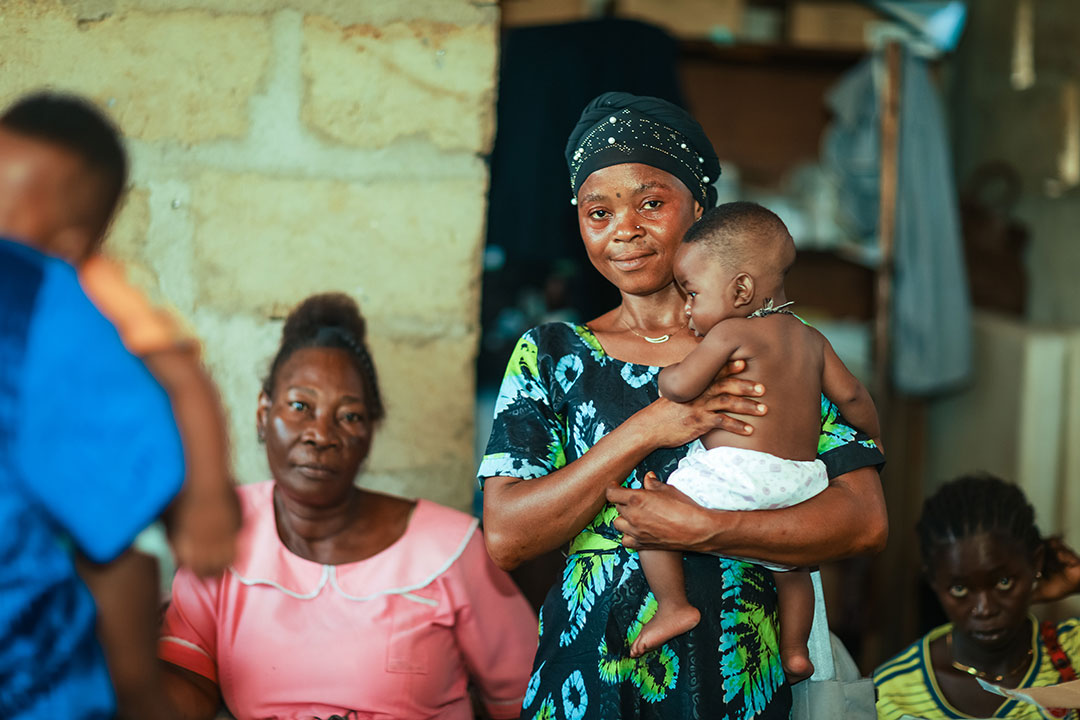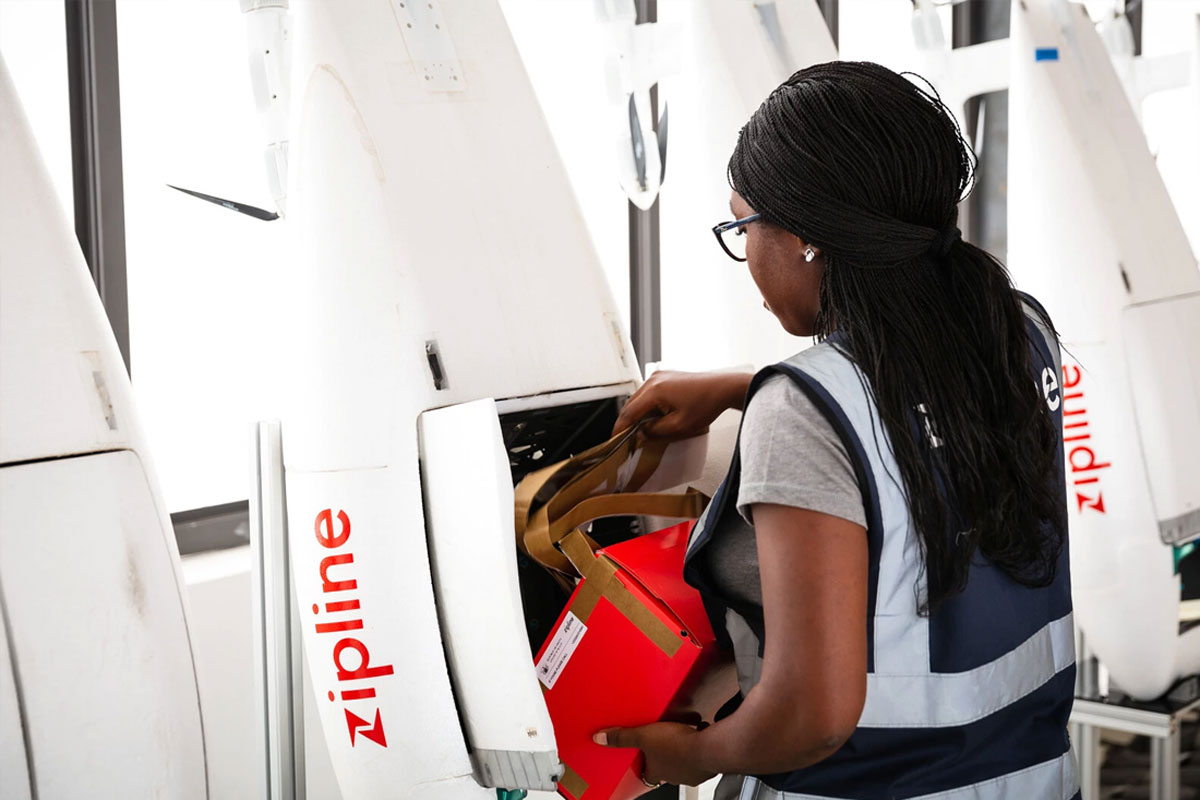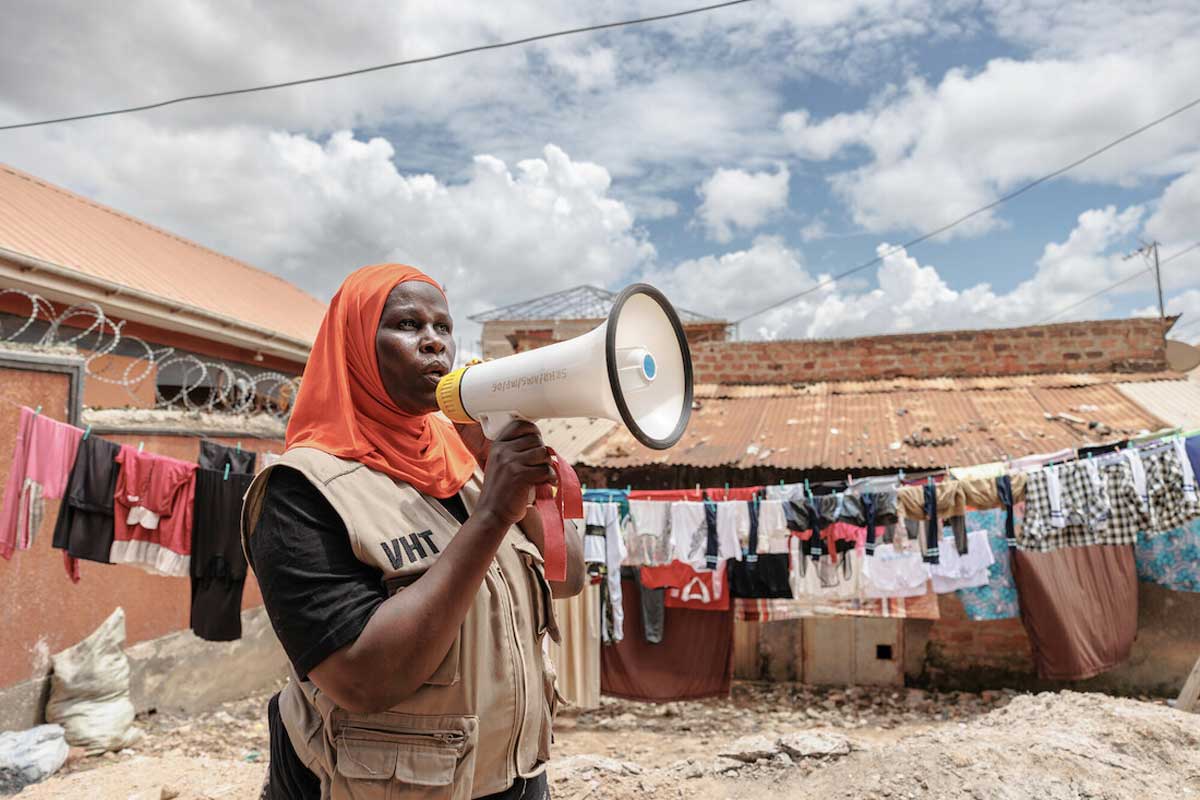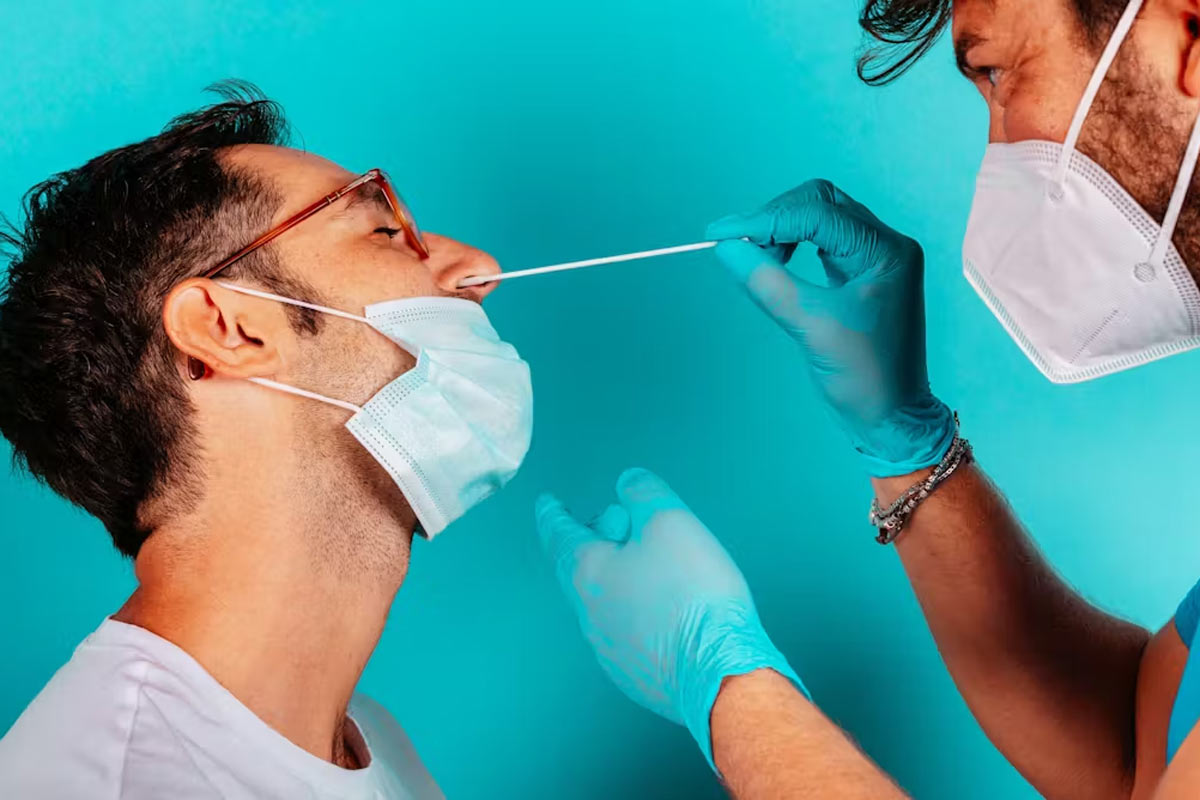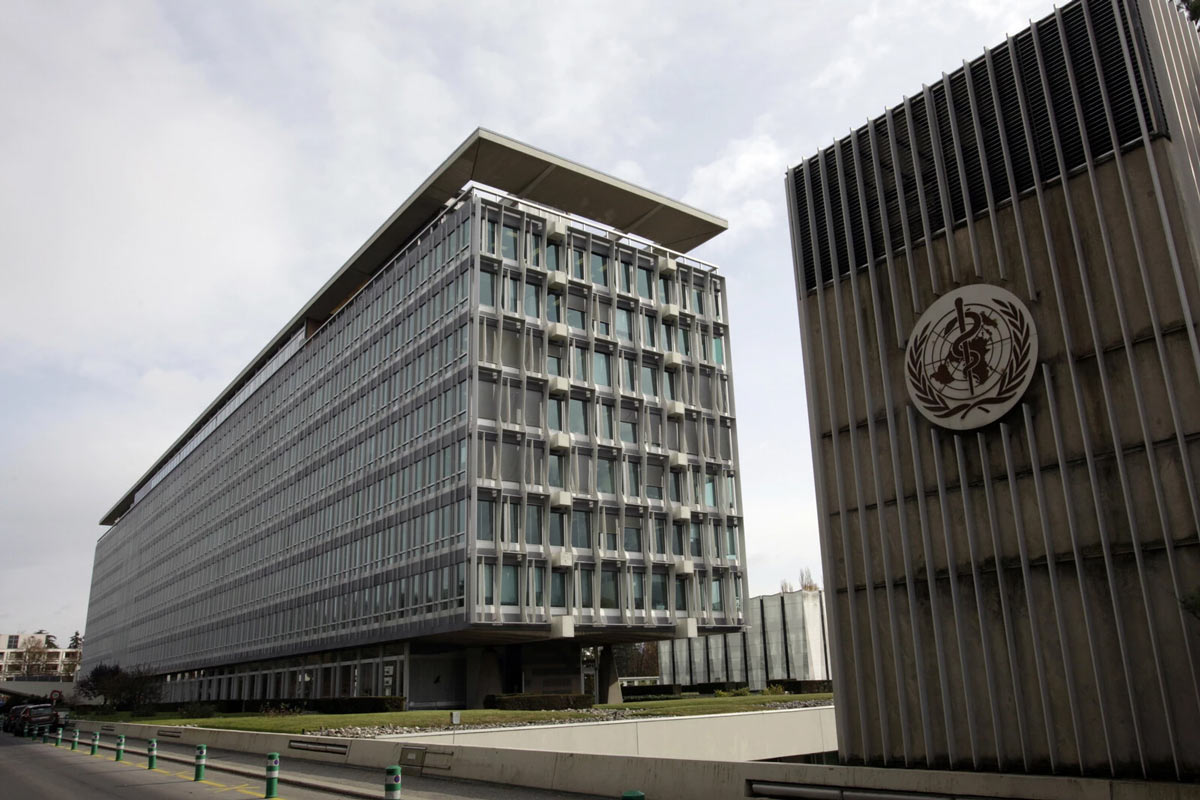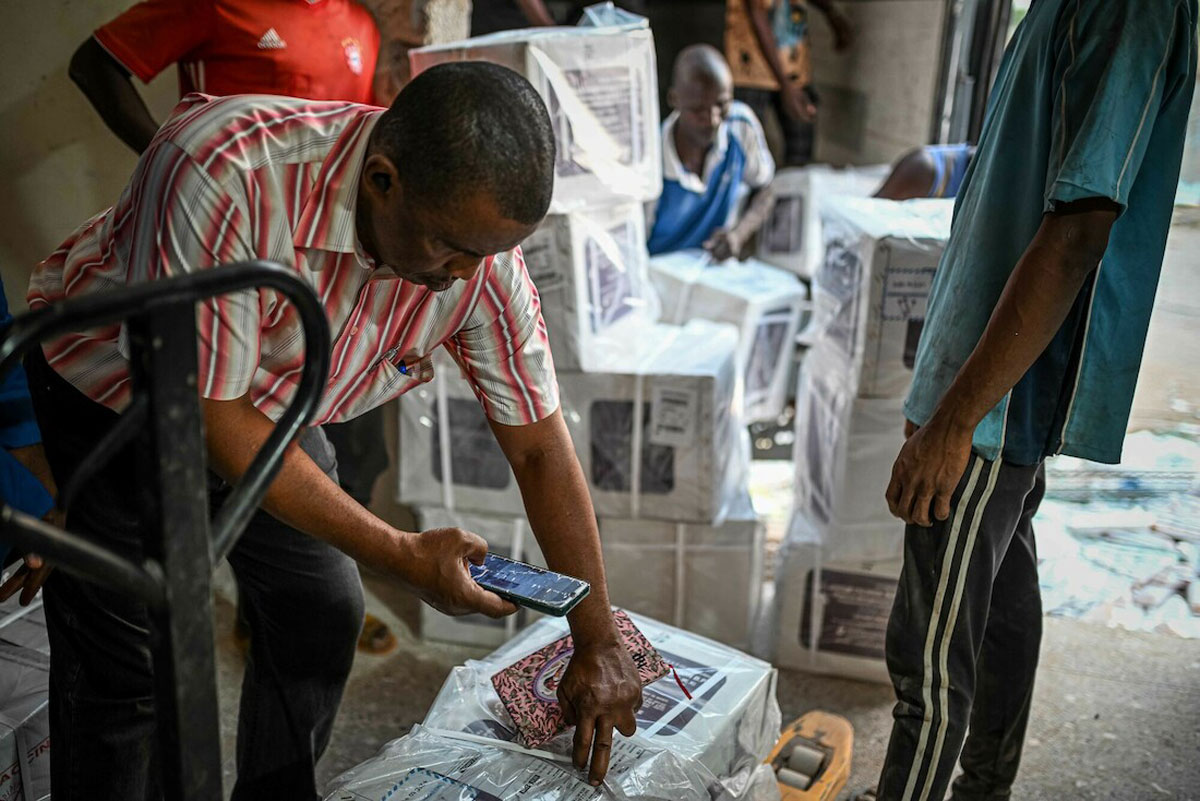Self-financing COVAX champions: Lebanon
Getting COVID-19 vaccines to all countries, whether or not they could afford them, was critical early in the pandemic to stop the virus spreading. This is Lebanon’s experience of being a self-financed partner in COVAX.
- 21 November 2022
- 3 min read
- by Gavi Staff

When the COVID-19 pandemic hit, few countries were prepared to respond to such a widespread crisis, and Lebanon, like many countries, saw existing fault-lines in health infrastructure magnified.
In early 2020, the country was reeling from the socio-economic turmoil from public protests, a financial meltdown, unstable electricity supply and a food crisis.
"Coming on the back of multiple existing crises, the pandemic put a significant burden on the healthcare system," says Dr Randa Hamadeh, Ministry of Public Health in Lebanon.
A key element in this response was COVID-19 vaccines, says Dr Hamadeh.
"The healthcare supply chain was disrupted due to the devaluation of the currency, which damaged the purchasing power of tertiary hospitals, leading to a shortage of oxygen and medication." This situation was made worse by the exodus of health care workers to other countries, she adds.
When COVID-19 hit, the country managed to rally the public and private sector and its strong relationship with the international community to rapidly respond to the crisis. A key element in this response was COVID-19 vaccines, says Dr Hamadeh.
While vaccines were developed during this pandemic faster than ever before in a health emergency, distribution and equitable access would be key in ensuring that they got to everyone, everywhere.
The COVAX facility was set up to ensure access to COVID-19 vaccines worldwide. Since infectious diseases do not respect national borders or socioeconomic status, it was clear from the start that COVAX's mission had to be providing vaccines to all who needed. Low-income countries that were unable to pay for doses would be given them free of charge, and other countries could join COVAX as self-financing partners, which Lebanon did.
Given that countries wouldn't know from the start how many doses they needed, and self-financing countries could have separate bilateral deals to supply vaccines, COVAX offered a flexible model where self-financing participants with sufficient doses could opt out of their 'quota', leaving the vaccines to lower-income countries.
Have you read?
Ultimately, the vast majority of COVAX doses have indeed gone to lower-income countries and territories. Since January 2021, COVAX has shipped more than 1.8 billion COVID-19 vaccines to 146 nations worldwide. Ninety percent of these doses have gone to lower-income countries and territories.
"COVAX was a timely and important intervention for us," says Dr Hamadeh. The country has received 26% of its total COVID-19 doses via COVAX, making the facility critical in reducing cases and saving lives.
Dr Hamadeh explains that the value of COVAX was "of utmost importance" and not just as a vaccine supplier. The flexibility offered by COVAX, for example in payment mechanisms, was valuable since "Lebanon is going through an unprecedented economic crisis".
The process wasn't without some challenges at the start, says Dr Hamadeh, as many countries were unsure of processes and slightly panicked at the task ahead, but any concerns were allayed fairly rapidly.
"COVAX staff were supportive in many ways, and they offered guidance on clinical and operational issues as well. It felt like we were all working to get out of the pandemic together."
The support of the COVAX team "was truly outstanding in helping us be ready to supply our population with vaccines".
